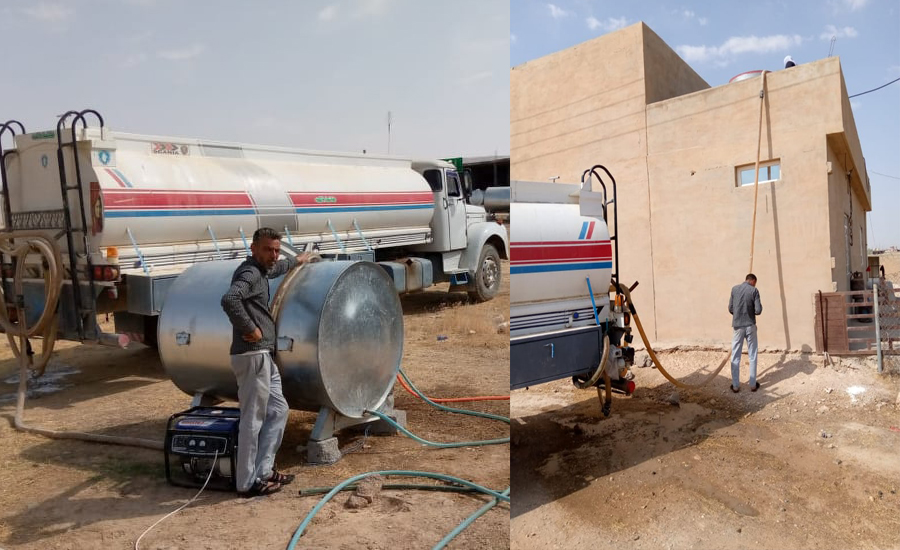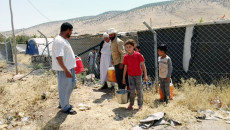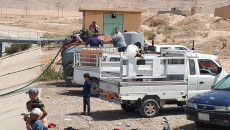At least 10 settlements and 40 villages in Shingal District resort to tankers to get drinking water; one of the biggest problems facing the residents, most of whom are recently-returned IDPs.
Unlike most of the rest of the countries, such areas are not provided with water facilities by the government, and water from wells there is not suitable for drinking.
Naiyf Judi is one of the IDPs who returned to his village (Ashti in Sinuné subdistrict) in 2016. He has to buy water one or twice a week.
I have to pay 7000 Dinars (about $5,60) for every 1500 litre water. This has been the case for four years
“I have to pay 7000 Dinars (about $5,60) for every 1500 litre water. This has been the case for four years.”
Judi has to pay 60,000 to 70,000 Dinars (about $50 to $60) every month.
There are 300 families in Judi’s village Ashti. Some have dug wells, but the water is not suitable for drinking.
“Officials in Sinuné are aware of the problem, but apparently don’t care about finding a solution.”
Hasan Khalaf, a water tank owner, says they work throughout the year. “We don’t have a respite; there is much demand for drinking water. Our work has doubled since the IDPs have started to return.”
Khalaf sells a load of 13,000 litres for 40,000 to 50,000 Dinars (about $33,50 to $42), but he gives the poor a discount, he says.
This issue is very old, but it gets worse by the year due to population increase, and now the return of the IDPs
Khudéda Choki, the mayor of Sinuné subdistrict told KirkukNow: “This issue is very old, but it gets worse by the year due to population increase, and now the return of the IDPs.”
Choki says that 50% of Sinuné town’s residents lack drinking water, and that part of the problem is that “The problem is that [ground] water in Shingal District is bitter and not suitable for drinking. And the existing water facilities haven’t been renewed or renovated since the 1980’s. That’s why the only solution is get water for the area from the Euphrates, instead of relying on wells, just like in the subdistricts of Talafar and Rabia.”
According to numbers from the Shingal’s local authorities, 10 settlements and 40 villages lack drinking water.
Fahd Hamid, an official in Shingal, told KirkukNow: “The responsibility for this issue is on the Federal Government; they don’t provide any money for renovating water facilities. The problem is expected to get worse by the day.”
In the past four months, more than 4000 IDP families have returned to Shingal.







